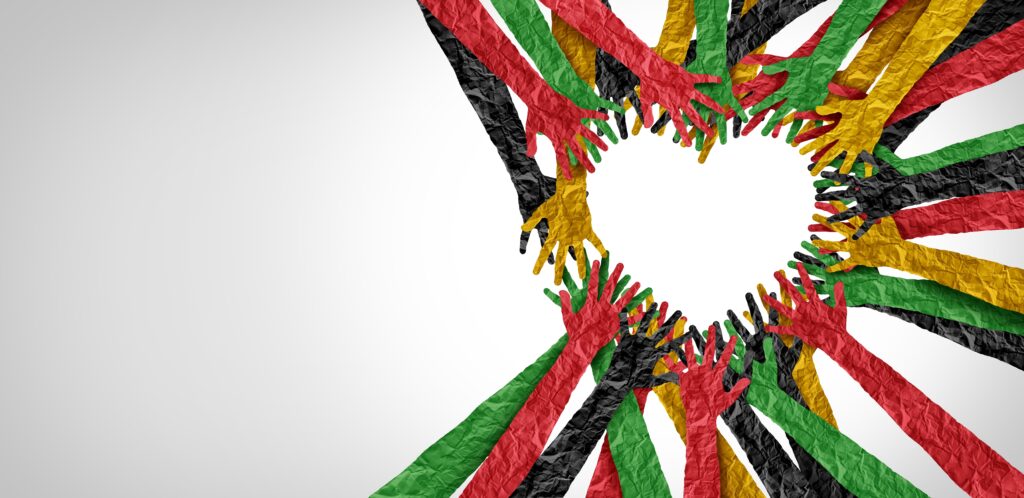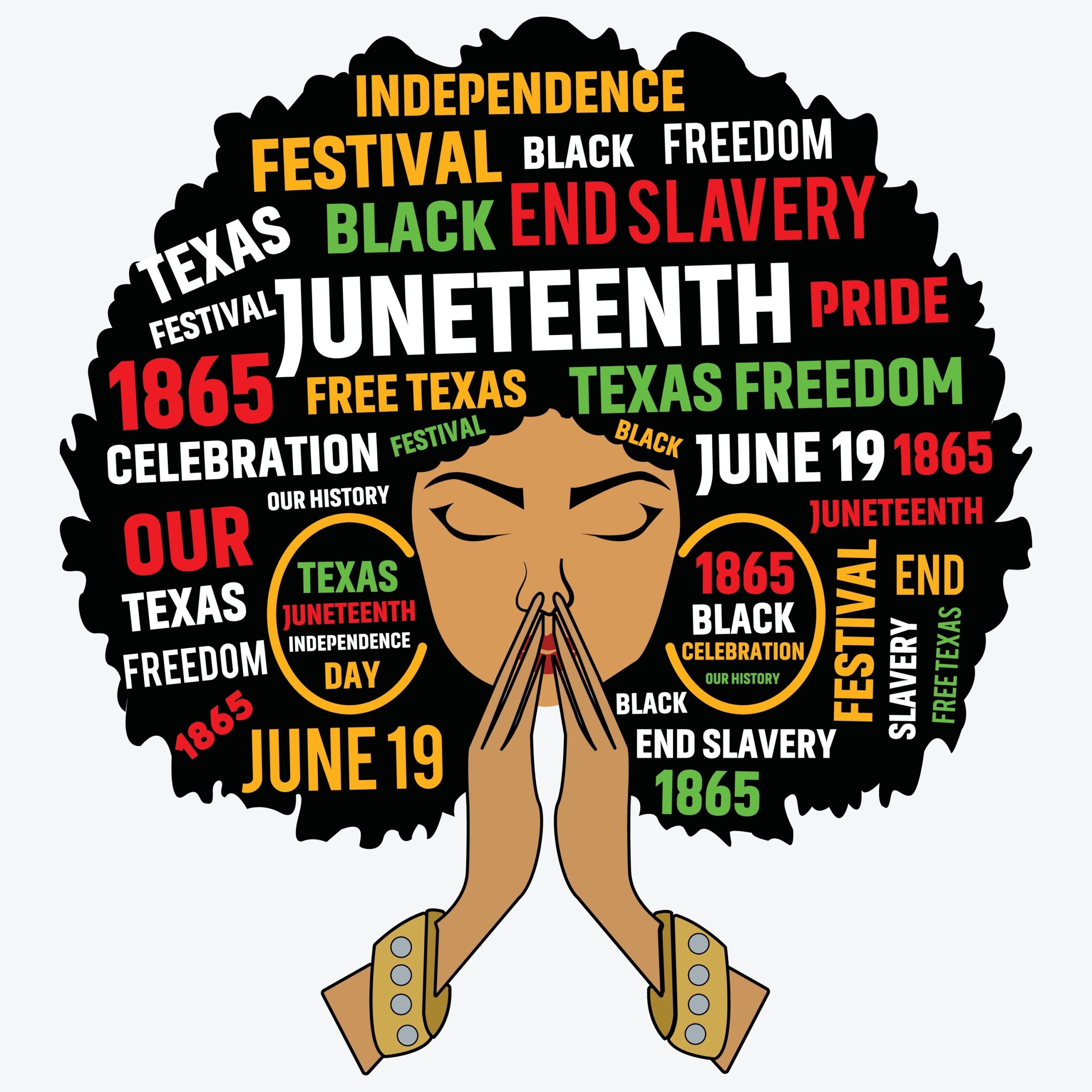n June 19, 1865, Union soldiers, led by Major General Gordon Granger, arrived in Galveston, Texas, and announced General Order No. 3, proclaiming that all enslaved people in Texas were free. This declaration came two and a half years after the Emancipation Proclamation, highlighting the delayed enforcement of freedom in the far reaches of the Confederacy. Juneteenth symbolizes the belated fulfillment of promises and the enduring struggle for equality.
The legacy of Juneteenth intertwines with the broader narrative of civil rights movements in the United States. From the abolitionist movements of the 19th century to the Civil Rights Movement of the mid-20th century, African Americans have persistently fought against systemic oppression and racial injustice. Leaders like Frederick Douglass, Harriet Tubman, Martin Luther King Jr., and Rosa Parks exemplify the courage and resilience of those who advocated for freedom, equality, and dignity.
Despite significant strides, the struggle for civil rights remains ongoing. The Black Lives Matter (BLM) movement, founded in 2013, emerged as a response to police brutality and systemic racism, particularly in the wake of the killings of Trayvon Martin, Michael Brown, and Eric Garner. BLM seeks to address issues of racial injustice, police violence, and structural inequality, advocating for reforms in law enforcement practices and broader societal change.

At its core, the Black Lives Matter movement asserts the inherent value and humanity of Black lives—a principle often denied by systems of power and privilege. The movement has sparked global protests, conversations, and debates about race, justice, and equality, galvanizing a new generation of activists and allies committed to dismantling racism and building a more just society.
Justice, a fundamental principle enshrined in democratic societies, remains elusive for many Black Americans. Racial disparities persist in areas such as education, healthcare, employment, and the criminal justice system, reflecting deep-seated inequalities rooted in historical legacies of slavery, segregation, and discrimination. Achieving justice requires not only legal reforms but also broader societal changes that address systemic racism and promote equity and inclusion for all.
Juneteenth serves as a reminder of the ongoing struggle for justice and the importance of collective action in pursuit of a more equitable future. It is a day to celebrate resilience, resistance, and the victories won through perseverance and solidarity. As the nation commemorates Juneteenth, it must also recommit itself to the unfinished work of building a society where all individuals are truly free and equal, regardless of race, ethnicity, or background.
In conclusion, Juneteenth, civil rights, justice, and the Black Lives Matter movement are interconnected threads in the tapestry of American history and struggle. They remind us of the enduring fight for freedom, equality, and human dignity, and they inspire us to continue working towards a society where justice prevails, and all lives are valued and respected. ●


